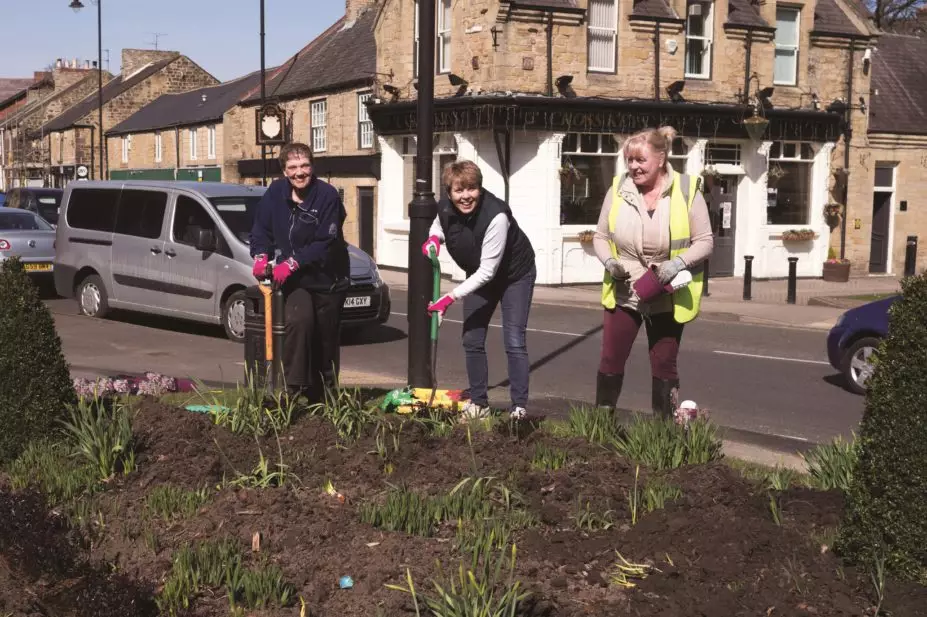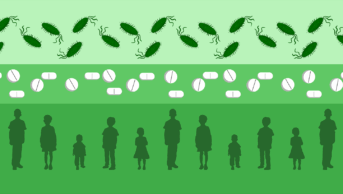
Washington Imaging / Alamy Stock Photo
The number of social prescribing staff being employed across clinical commissioning group (CCG) areas has doubled over the past year, a Freedom of Information request by The Pharmaceutical Journal has revealed.
The number of whole-time equivalent (WTE) social prescribing staff among 82 CCGs that responded to a FOI request by The Pharmaceutical Journal was 395.7 in 2019/2020, compared with 190.0 the previous financial year and 138.8 in 2017/2018.
However, not all social prescribing staff are employed by CCGs — many work for local authorities or the voluntary sector — and the data do not include any of the 1,000 social prescribing ‘link workers’ who must be recruited by primary care networks by 2020/2021, as part of the ‘NHS long term plan’.
The plan, published in January 2019, says that at least 900,000 patients will be referred to social prescribing by 2023/2024: the most explicit requirement yet for the mainstreaming of social prescribing in the NHS.
Although there are now at least 100 social prescribing schemes running in different parts of the UK, The Pharmaceutical Journal’s FOI request found huge variation in take-up of the concept across the country.
Examples of social prescribing activities include volunteering, arts activities, group learning, gardening, befriending, cooking, healthy eating advice and a range of sports.
Somerset CCG, for example, currently employs 60 social prescribers at a cost of £1.92m; Dorset CCG funds a voluntary care sector provider to employ 15 health coaches and 6 link workers at a cost of £1m per year; and Sunderland CCG employs 17.5 social prescribers with a spend of £336,000. Many CCGs have no social prescribers working for them at all.
According to commissioning data held by the Pharmaceutical Services Negotiating Committee, there have been just two social prescribing schemes commissioned that include community pharmacy.
One of these ran in Oxfordshire and was funded by the local authority, but has since been decommissioned. The other began in 2014 and still operates in the Doncaster area.
Helen Stokes-Lampard, a GP and chair of the National Academy for Social Prescribing, said that although GPs are often cited as the “key to social prescribing”, because of the footfall in their surgeries, pharmacists most likely see more people each day and, therefore, have a vital role to play in the future of social prescribing.


